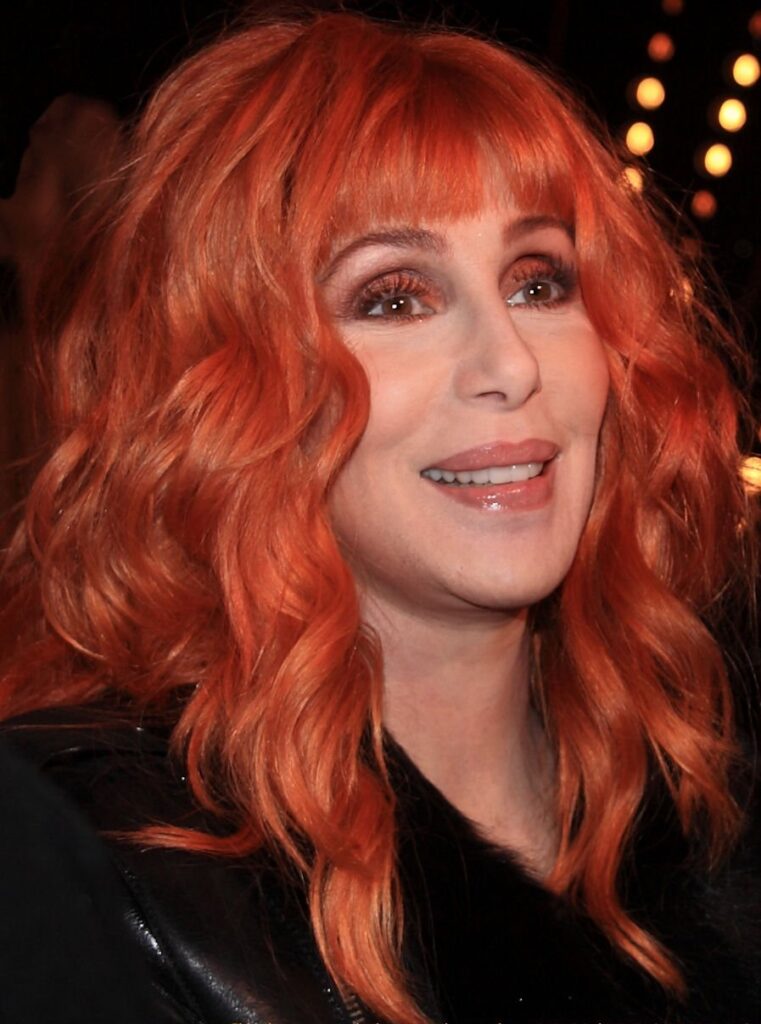
Claudia Cardinale, the acclaimed Italian actress whose luminous presence graced some of the most celebrated European films of the 1960s and 1970s, has died in Nemours, France. She was 87. Her agent, Laurent Savry, confirmed her passing, noting she was surrounded by her children.
Ms. Cardinale’s career spanned more than six decades and over 100 films, establishing her as a foundational figure in what is often referred to as the golden age of Italian cinema. She was celebrated for her unique blend of sensuality and an approachable screen persona, earning her the affectionate moniker of ‘Italy’s girlfriend’ or ‘dream girl’ among critics and audiences alike.
Her collaborations with visionary directors such as Federico Fellini, Luchino Visconti, and Sergio Leone not only cemented her place in cinematic history but also showcased a versatility that allowed her to embody a wide array of unforgettable characters. From embodying youthful purity to portraying rugged independence, Ms. Cardinale’s work left an indelible mark on global cinema, creating a legacy that continues to resonate today.
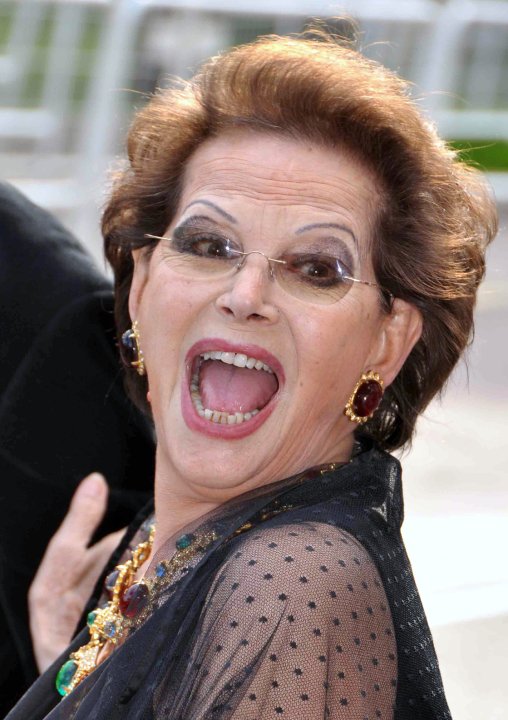
1. Early Life and the Path Not Taken
Born Claude Joséphine Rose Cardin on April 15, 1938, in La Goulette, near Tunis, in the French protectorate of Tunisia, Claudia Cardinale’s origins were deeply rooted in her Sicilian heritage. Her parents had emigrated from Sicily to North Africa, raising their four children in a close-knit Sicilian community in Tunis. Her father worked as a technical engineer for the Tunisian railway, while her mother managed the family home, providing a stable, traditional upbringing.
Before any notion of a film career, Ms. Cardinale harbored aspirations of becoming a schoolteacher, a path she fully expected to pursue. However, destiny intervened when, at the age of 16 or 17, her mother played a role in orchestrating her entry into a beauty pageant held at the Italian Embassy in Tunisia. This event marked an unexpected turning point in her life, setting her on a course far removed from the classroom.
She was crowned ‘The most beautiful Italian woman in Tunis,’ a title that came with a prize: a trip to the Venice Film Festival. At the festival, her striking beauty and presence captured the attention of the Italian media, where she was widely photographed. This initial exposure brought her to the notice of the burgeoning Italian movie industry, though she had no immediate desire to engage with it professionally.
Read more about: 14 Iconic Film Deaths That Still Haunt Us: Get Ready to Relive the Most Heart-Wrenching Movie Moments!
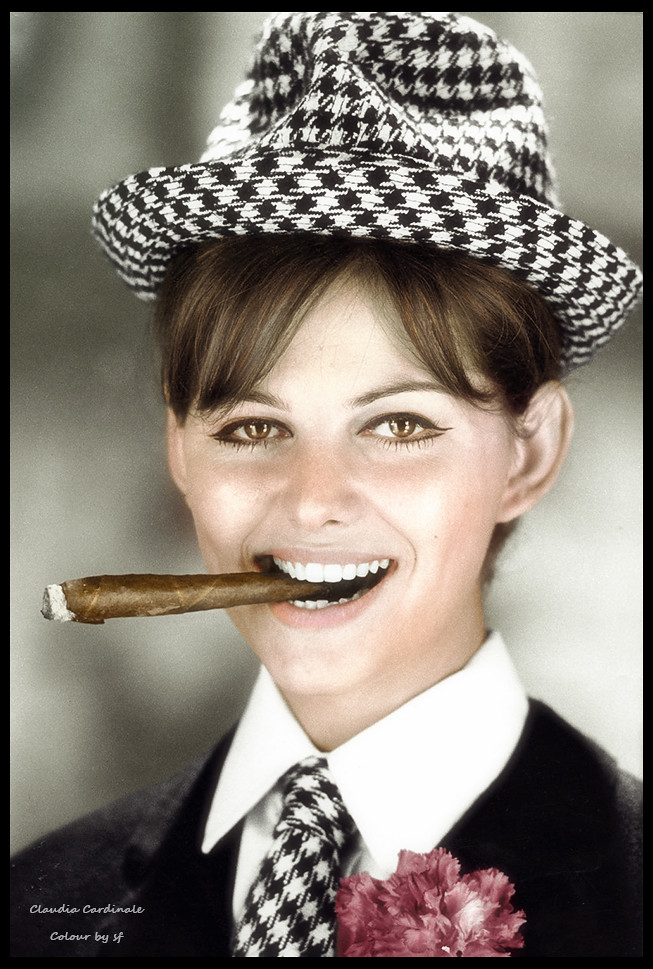
2. The Genesis of a Star: From Reluctance to Acclaim
Despite the intense interest generated by her appearance at the Venice Film Festival, Ms. Cardinale initially resisted the overtures from directors and producers. She returned to Tunisia with her parents, actively rejecting acting offers that followed her newfound fame. An Italian film critic, Massimo Benvegnù, noted, ‘After that, she was on the cover of all the Italian magazines, under headlines like ‘Here’s the girl who doesn’t want to make movies.’’
Ms. Cardinale herself reflected on this reluctance, stating while accepting a lifetime achievement award at the Berlin Film Festival in 2002, “The fact I’m making movies is just an accident.” She further elaborated, “When they asked me ‘do you want to be in the movies?’ I said no and they insisted for six months.” It was ultimately her father who persuaded her to “give this cinema thing a go,” a decision that irrevocably altered her life’s trajectory.
Her early career was also shaped by profound personal challenges. As a teenager, she was ually assaulted and subsequently became pregnant, giving birth to her son, Patrick, in London. For years, her parents raised Patrick as her younger brother, a secret maintained to protect her nascent career from scandal. She later revealed, ‘I did it for him, for Patrick, the child I wanted to keep despite the circumstances and the enormous scandal,’ underscoring how this deeply personal struggle fueled her drive for independence and a living in cinema.
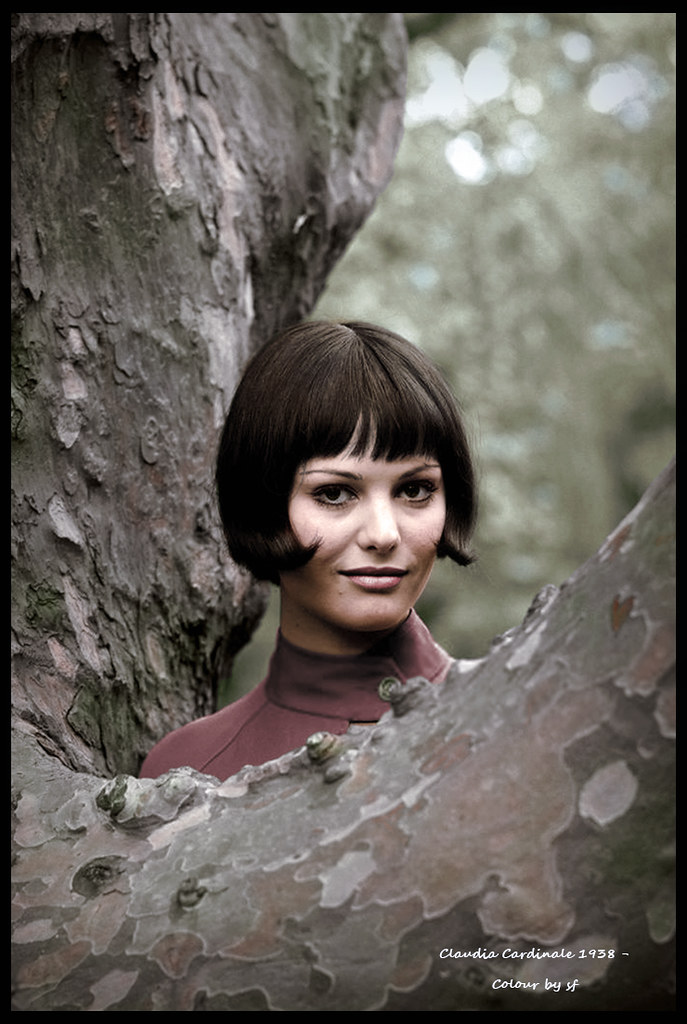
3. Mastering the Craft: The Challenge of Her Voice
Ms. Cardinale, a sensuous brunette with enormous eyes, was frequently cast in roles portraying hot-blooded women, a typecasting that her striking physicality naturally lent itself to. However, her distinctive voice presented an unusual challenge in her early career. She possessed a deep voice and spoke Italian with a heavy French accent, having grown up conversing in French, Arabic, and her parents’ Sicilian dialect, rather than standard Italian.
Consequently, her voice was dubbed in her initial movies, an uncommon practice for a leading lady, yet a necessity given the linguistic landscape of Italian cinema at the time. This linguistic barrier underscored her unique journey into stardom. In her 2005 autobiography, “My Stars,” she reflected on this period, writing, ‘At 20 ‘I became the heroine of a fairytale, the symbol of a country whose language I barely spoke.”
This situation persisted until 1963, when the renowned director Federico Fellini made a crucial decision during the production of ‘8½.’ He insisted that Ms. Cardinale use her own voice for the film, marking a pivotal moment in her career. This not only allowed her authentic voice to finally be heard on screen but also contributed to the rich, multifaceted character she portrayed, adding another layer of depth to her performances.
Read more about: Titans of Taste: Unpacking the Diverse Legacies of Culinary Maestros
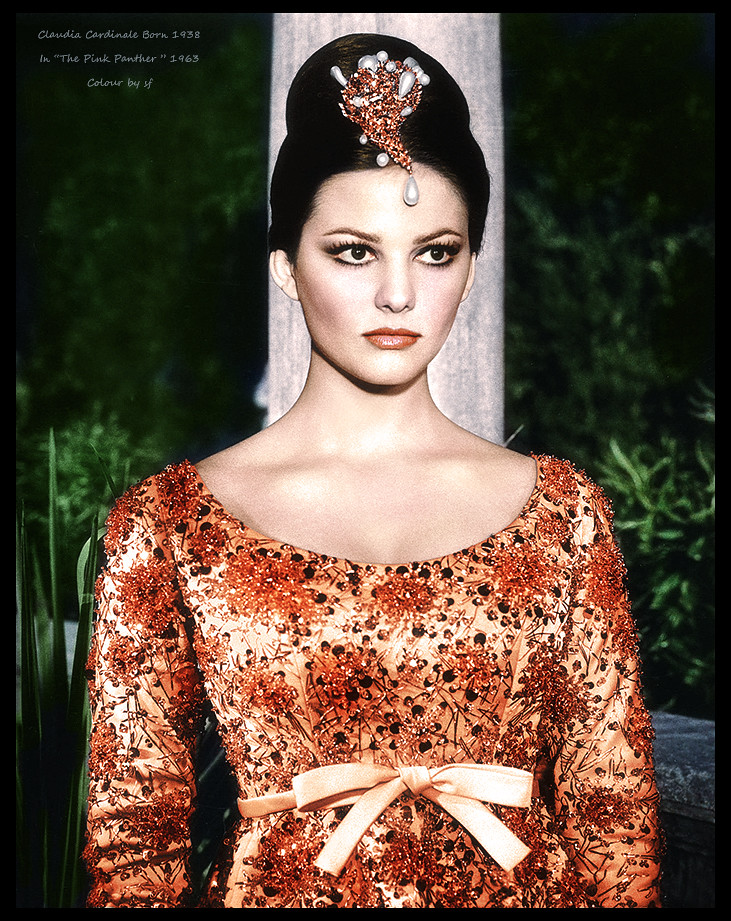
4. Breakout Role in ‘Big Deal on Madonna Street’
Ms. Cardinale’s professional breakthrough arrived with the 1958 comedy classic, ‘Big Deal on Madonna Street,’ directed by Mario Monicelli. In this film, she portrayed a black-clad Sicilian girl, a role that brought her significant recognition and marked her as a rising talent in the Italian film industry. The success of this comedic crime story helped to establish her early screen persona.
The film was produced by Franco Cristaldi, a prominent Italian film producer who would play a significant role in Ms. Cardinale’s personal and professional life. Cristaldi managed her early career, helping to navigate her entry into the competitive world of cinema. Their professional relationship eventually evolved, leading to their marriage in Las Vegas in 1966, though Ms. Cardinale later did not consider it ‘official.’ They were married until around 1975.
Under Cristaldi’s guidance, Ms. Cardinale signed with his film studio, Vides Cinematografica, which later became Cristaldifilm. This agreement officially launched her professional career as Claudia Cardinale, a name that would soon become synonymous with European cinematic glamour. ‘Big Deal on Madonna Street’ remains a critical point in her biography, signaling the moment she truly began her ascent in film.
Read more about: Let’s Talk Madonna: Why The Queen of Pop’s Iconic Reign Continues to Challenge Every Expectation, Age Included
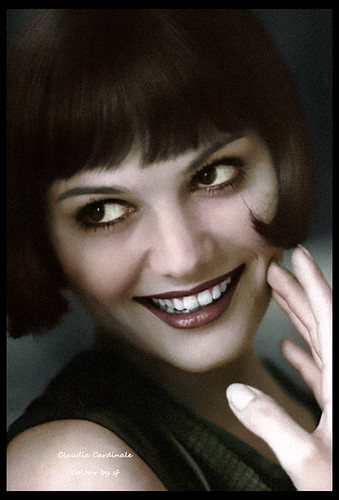
5. The Iconic Year of 1963: ‘8½’ with Federico Fellini
The year 1963 proved to be a watershed moment for Claudia Cardinale, featuring her in two of the most iconic films of her career, shot simultaneously. One of these was Federico Fellini’s Oscar-winning masterpiece, ‘8½,’ in which she co-starred with the legendary Marcello Mastroianni. In this seminal work, Ms. Cardinale embodied a sense of youthful purity, portraying an actress and muse figure who also carried the name Claudia.
Her character was presented as the protagonist, director Guido Anselmi’s, feminine ideal, a woman he envisioned as the ingénue for a science fiction film he planned to make. Fellini’s portrayal of her in this film solidified her image as a dreamlike, aspirational figure. As Guido tells her, ‘You are one of the girls who passes out the healing water,’ further articulating her character’s ethereal and healing presence.
Fellini described her character as ‘beautiful, both young and ancient, a child and yet already a woman, authentic and radiant. There’s no doubt that she’s his salvation.’ This characterization not only underscored her cinematic appeal but also began to aptly describe how audiences perceived Ms. Cardinale in real life. Filming ‘8½’ concurrently with another major production showcased her burgeoning talent and dedication to her craft.
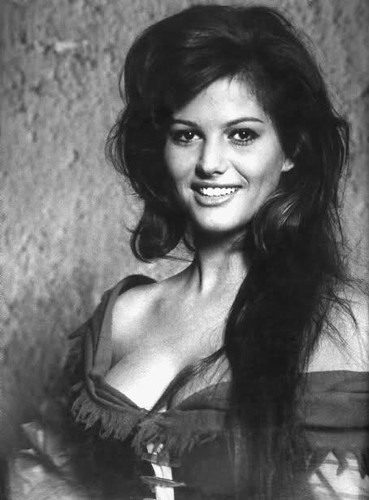
6. Visconti’s Muse: ‘The Leopard’ and Cultivating Beauty
In that same pivotal year of 1963, Claudia Cardinale also starred in Luchino Visconti’s award-winning screen adaptation of the historical novel, ‘The Leopard.’ This epic period drama presented a stark contrast to Fellini’s surrealism, allowing Ms. Cardinale to showcase a different facet of her acting range. She played Angelica Sedara, a young Sicilian debutante whose beauty and spirit captivated both a soldier, played by Alain Delon, and his aristocratic uncle, portrayed by Burt Lancaster.
Filming both ‘8½’ and ‘The Leopard’ simultaneously presented unique logistical and artistic challenges. Ms. Cardinale recalled having to commute between Sicily and Rome, where the respective productions were based, and even had to dye her hair once a week to satisfy her directors’ contrasting visions. ‘Visconti wanted me brunette with long hair. Fellini wanted me blonde,’ she explained, highlighting her commitment to each role.
Visconti’s exacting direction also influenced her understanding of her own screen presence. In her 2005 autobiography, she wrote, ‘You can learn beauty. Visconti taught me how to be beautiful. He taught me to cultivate mystery, without which, he said, there cannot be real beauty.’ Critics lauded her as the ’embodiment of postwar European glamour,’ and ‘The Leopard’ went on to win the prestigious Palme d’Or at the Cannes Film Festival in 1963, further solidifying her status as an international star.
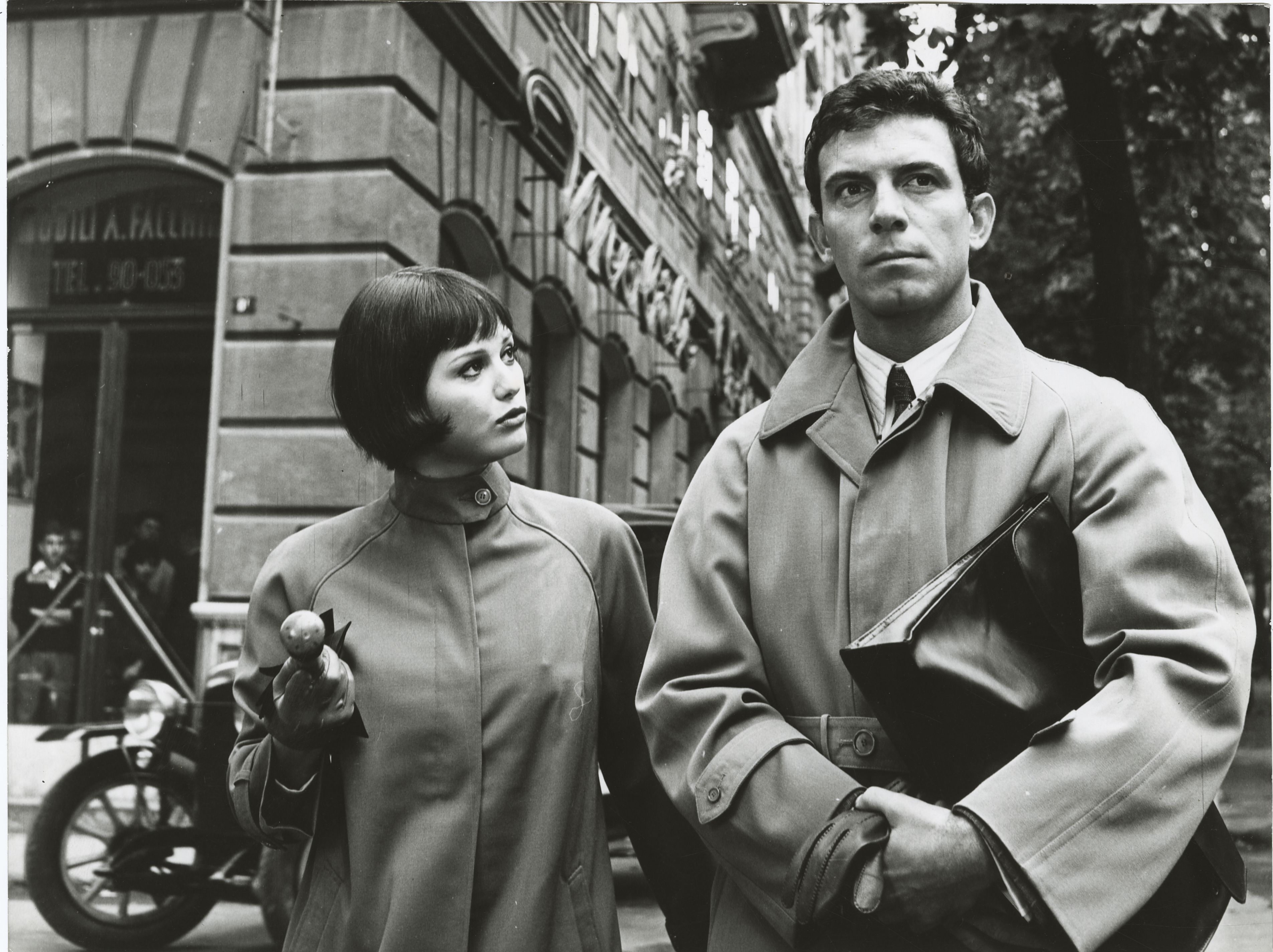
7. Ventures into Hollywood: The American Experience
While Claudia Cardinale’s star was firmly rooted in European cinema, her undeniable allure and talent soon caught the attention of Hollywood. Her foray into American productions began to unfold in the mid-1960s, a period when many European stars sought to conquer the global stage. However, Ms. Cardinale approached Hollywood with a distinct perspective, refusing to relinquish her ties to her artistic home in Europe. This principled stance shaped her experiences and the types of roles she accepted across the Atlantic.
Her first significant collaboration with an American director was Blake Edwards’s 1964 comedy classic, ‘The Pink Panther.’ In this groundbreaking film, Ms. Cardinale played a princess who finds herself entangled in a jewel heist, starring alongside Peter Sellers, David Niven, and Robert Wagner. Critics and audiences were captivated by her performance, where she adeptly balanced the roles of an ingénue and a straight man to Sellers’s comedic brilliance. David Niven, her co-star, famously complimented her by saying, ‘Claudia, along with spaghetti, you’re Italy’s greatest invention,’ highlighting her unique charm and universal appeal.
Beyond ‘The Pink Panther,’ Ms. Cardinale explored various genres in Hollywood. She teamed with Rock Hudson in the 1965 comedy thriller ‘Blindfold’ and two years later appeared in another comedy, ‘Don’t Make Waves,’ with Tony Curtis. These roles showcased her versatility and demonstrated her capacity to adapt to different cinematic styles, even as she maintained her clear preference for a career rooted primarily in European filmmaking. Her ability to navigate both worlds speaks volumes about her dedication to her craft and her independent spirit.
Read more about: From Humble Beginnings to Hollywood Heights: The Unforgettable Journeys of Tinseltown’s Most Successful Stars
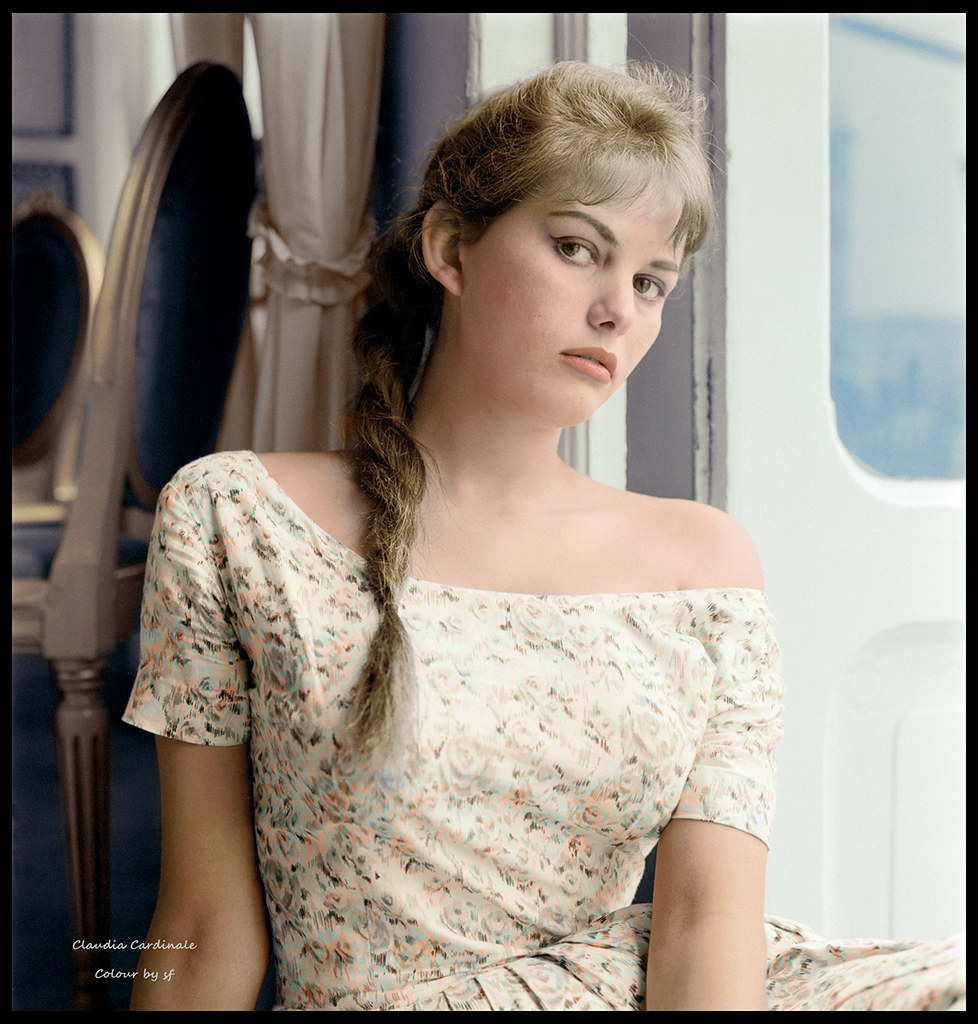
8. Defining Her Terms: ‘The Professionals’ and Artistic Independence
Despite achieving a degree of fame in Hollywood, Ms. Cardinale’s American career was marked by what she herself considered only partial success. This was largely due to her unwavering refusal to sign a contract of exclusivity with Hollywood studios, a common practice at the time that would have required her to prioritize American productions over European ones. She firmly believed in her identity as a ‘European actress’ and was committed to the vibrant cinematic landscape of her continent.
Among her Hollywood endeavors, Ms. Cardinale held a particular affection for Richard Brooks’s 1966 Western, ‘The Professionals.’ She openly described it as the ‘best’ Hollywood film she ever made, starring alongside a formidable ensemble cast that included Burt Lancaster, Jack Palance, Robert Ryan, and Lee Marvin. Her performance in this action-packed drama was a highlight, allowing her to exhibit a different dimension of her acting prowess.
In a 2002 interview with The Guardian, Ms. Cardinale elaborated on her decision, stating, ‘The Hollywood studio wanted me to sign a contract of exclusivity, and I refused. Because I’m a European actress and I was going there for movies.’ This choice underscored her commitment to artistic freedom and her desire to select roles based on their merit rather than contractual obligations. It was a testament to her strong character, demonstrating that she was an artist who dictated her own terms.
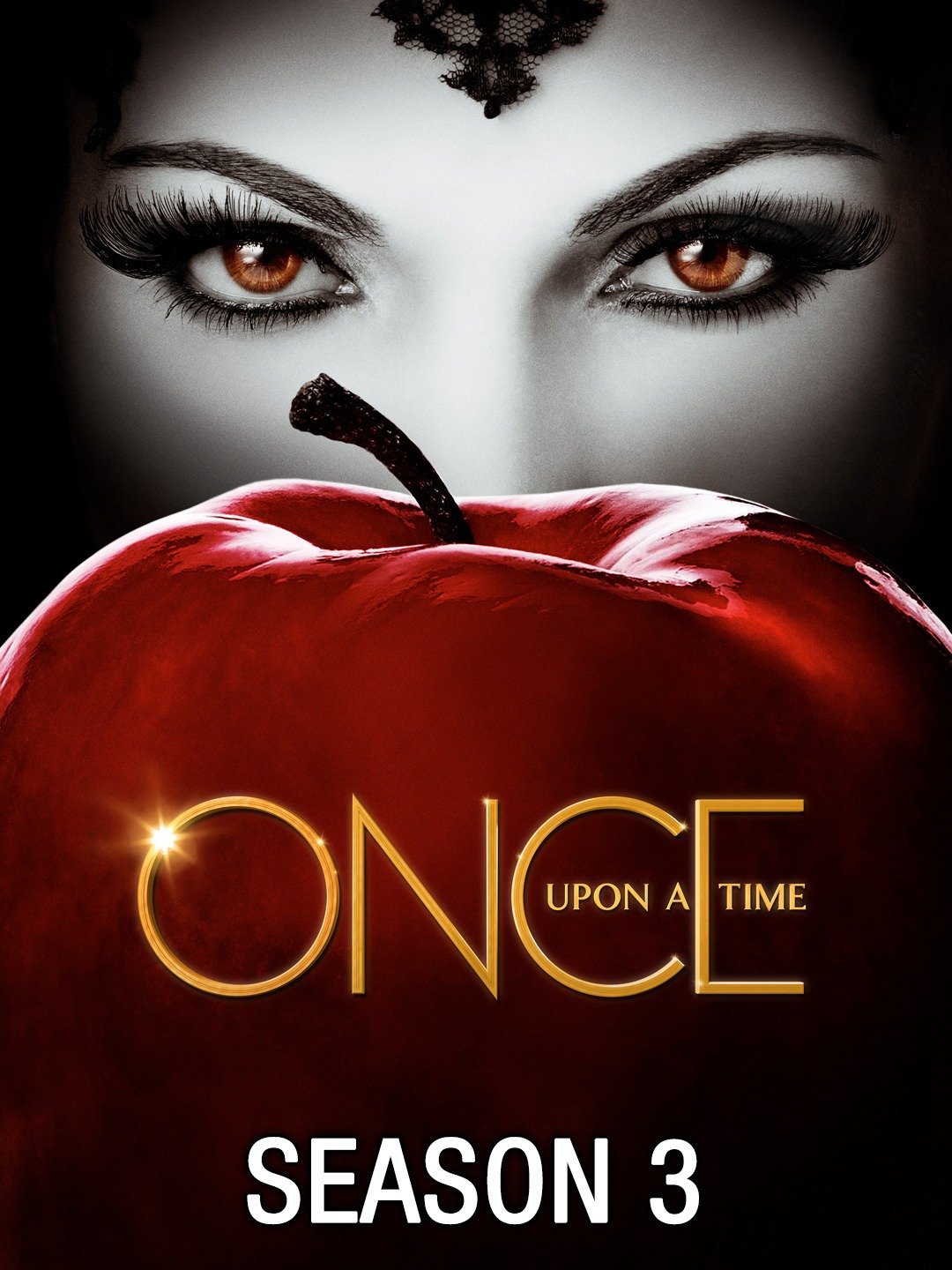
9. “Once Upon a Time in the West”: A Symbol of Rugged Independence
Another career-defining role for Claudia Cardinale arrived in Sergio Leone’s monumental 1968 spaghetti Western, ‘Once Upon a Time in the West.’ In this epic, she portrayed Jill McBain, a former New Orleans prostitute who travels to the American Southwest only to find her new husband murdered. Her character quickly becomes embroiled in a land dispute, standing as the sole female protagonist amidst a cast of formidable male antiheroes, including Charles Bronson and Henry Fonda.
Ms. Cardinale’s performance as Jill McBain was lauded for its strength and resilience, solidifying her image as a woman of profound inner grit. She was able to command the screen and hold her own against these extremely powerful actors, conveying a palpable sense of interiority and resolve. Her character’s journey from vulnerability to tenacious independence resonated deeply with audiences, showcasing a multifaceted portrayal that transcended conventional Western archetypes.
Film critics, such as Jay Weissberg, observed that Ms. Cardinale ‘was able to hold her own with these extremely strong, major actors, and conveying a sense of interiority that is quite palpable.’ Antonio Monda, artistic director of the Rome Film Festival, echoed this sentiment, noting, ‘There was something free about her, a strong personality that would never be tamed. She was strongly independent.’ This role not only further cemented her international stardom but also established a signature element of her career: portraying women of formidable spirit and unwavering determination.
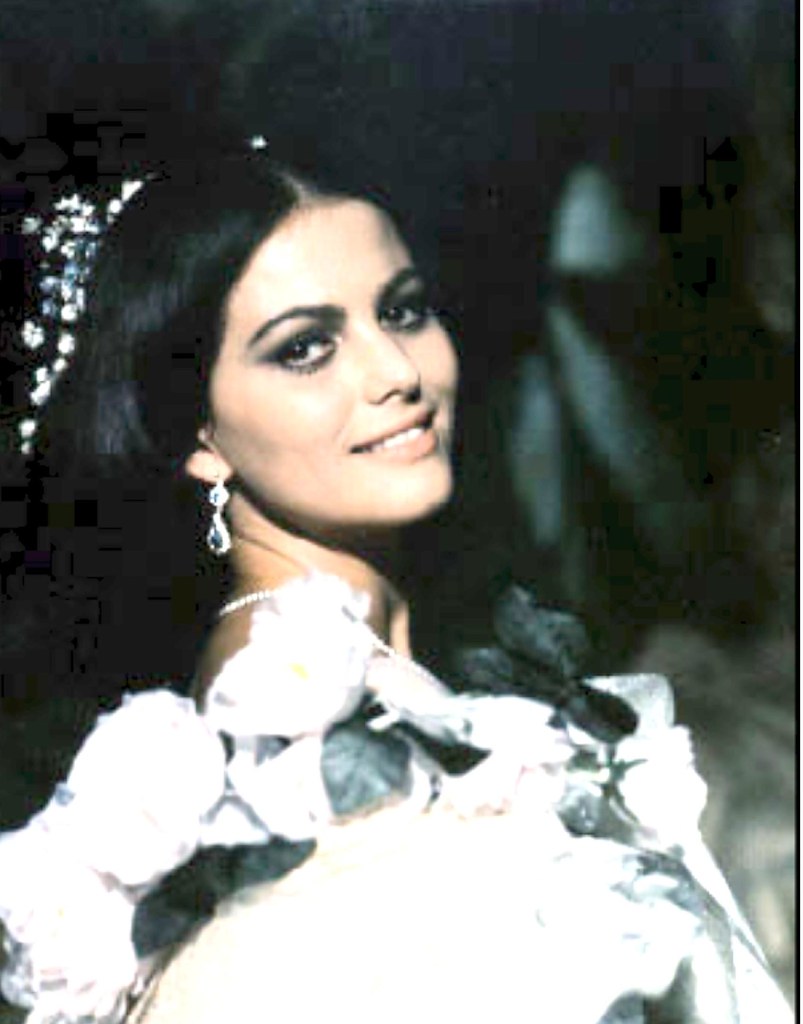
10. Later Career: Sustained Presence and Unyielding Authenticity
Claudia Cardinale’s dedication to her craft extended well beyond the golden age of Italian cinema. She continued to act into her 80s, demonstrating remarkable longevity and an enduring passion for filmmaking. Her later career included a diverse range of projects, from acclaimed international features to stage performances and television series, showcasing a commitment to artistic expression that never waned.
Among her notable later roles was her performance in Werner Herzog’s 1982 film, ‘Fitzcarraldo,’ where she starred alongside Klaus Kinski. In this visually stunning and ambitious film, she portrayed a bordello owner who helps finance her lover’s outlandish dream of building an opera house in the Amazon jungle. This role further highlighted her willingness to tackle complex characters and work with visionary directors, reinforcing her status as an actress of significant depth and range.
Throughout her extensive career, Ms. Cardinale remained steadfast in her refusal to undergo cosmetic surgery, embracing the natural process of aging with dignity and grace. This decision stood in stark contrast to many of her peers in an industry often obsessed with youth and artificial perfection. Her commitment to authenticity extended to her stage work, as seen in her performance in ‘La Strana Coppia,’ a female adaptation of Neil Simon’s ‘The Odd Couple’ in Naples, and in her appearance in the Swiss TV series ‘Bulle’ in 2020, proving her enduring presence on screen and stage.
Read more about: Beyond the Rhymes: Unpacking the Multifaceted Career and Enduring Impact of Common

11. Personal Choices: Embracing Motherhood and New Beginnings
Beyond her public image as an iconic film star, Claudia Cardinale navigated a deeply personal life marked by significant choices. Her marriage to film producer Franco Cristaldi, which spanned from 1966 to 1975, was a period of both professional guidance and personal complexity. Ms. Cardinale later did not consider this marriage ‘official,’ despite Cristaldi giving his last name to her son, Patrick, who for years had been introduced as her younger brother. This arrangement reflected the societal pressures and cinematic expectations that profoundly impacted her early career.
Following her separation from Cristaldi around 1975, Ms. Cardinale embarked on a new chapter, forming a life-long relationship with the Italian director Pasquale Squitieri. This partnership, described by her daughter as her ‘only love,’ also led to the birth of her daughter, Claudia Squitieri. This relationship not only brought her personal fulfillment but also represented a deliberate step toward emancipating herself from the perception of being merely ‘the product of a great producer,’ as observed by Antonio Monda.
Ms. Cardinale was a mother to two children: Patrick, born when she was a teenager, and her daughter Claudia with Pasquale Squitieri. Her fierce protection of Patrick and her later transparency about his parentage underscore her profound maternal bond and her courage in the face of scandal. These deeply personal decisions highlight the independent spirit that defined not only her professional life but also her profound commitment to her family and her autonomy.
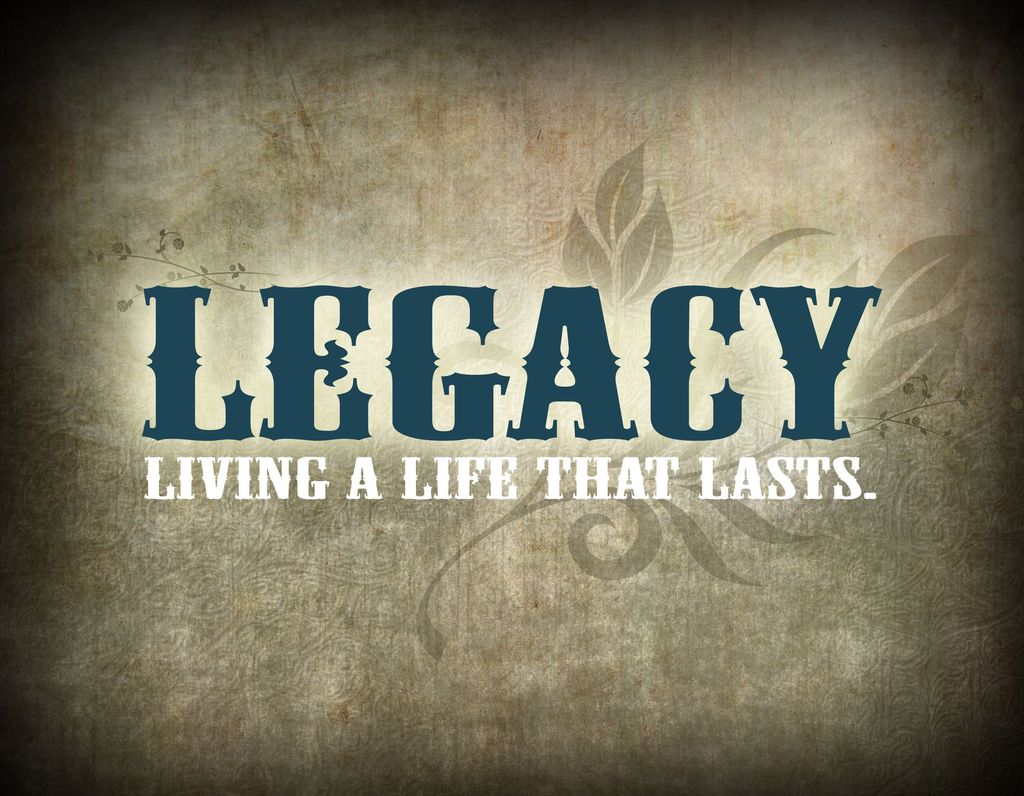
12. A Lasting Legacy: Advocacy, Accolades, and Enduring Influence
Claudia Cardinale’s impact extended far beyond her captivating performances on screen. In 2000, she was named a UNESCO Goodwill Ambassador, a role in which she passionately advocated for the defense of women’s rights. This commitment to social justice reflected her liberal political convictions and her desire to leverage her fame for meaningful causes, leaving a legacy as a ‘free and inspired woman, both as a woman and as an artist,’ as her agent Laurent Savry noted.
Her illustrious career was marked by numerous prestigious accolades. She received a Golden Lion for Lifetime Achievement at the Venice Film Festival, nearly four decades after her initial appearance there, symbolizing a full circle in her cinematic journey. In 2002, she was honored with a lifetime achievement award at the Berlin Film Festival, further cementing her status as a global cinematic icon. She also received the Knight of the French Legion of Honour in 2008, underscoring her significant cultural contributions.
Reflecting on her extraordinary life, Ms. Cardinale once remarked, ‘They gave me everything. It’s marvelous to live so many lives. I’ve been living more than 150 lives, totally different women.’ This sentiment captures the essence of her versatile career and the multitude of unforgettable characters she brought to life. Her death prompted an outpouring of tributes, with French President Emmanuel Macron stating, ‘We French will always carry this Italian and global star in our hearts, in the eternity of cinema,’ and Italian Culture Minister Alessandro Giuli hailing her ‘exceptional talent’ that inspired ‘milestones’ of Italian cinema. Claudia Cardinale leaves behind an indelible mark on global cinema, a testament to her enduring beauty, talent, and unyielding spirit.
Read more about: Robert Redford’s Enduring Loves: A Deep Dive into His Marriages and Family Journey
Claudia Cardinale’s narrative is one of enduring strength, artistic integrity, and a life lived on her own terms. From her reluctant beginnings in Tunis to her ascent as a global cinematic icon, she embraced every challenge and opportunity with a rare authenticity. Her fierce independence, both personally and professionally, coupled with a captivating screen presence, ensured her place not just as ‘Italy’s girlfriend’ but as a timeless figure in the annals of film history. Her legacy, woven through powerful performances, advocacy for women’s rights, and an unwavering commitment to her true self, will continue to inspire generations, proving that true stardom is about more than just glamour; it is about an indelible spirit that transcends the silver screen.



